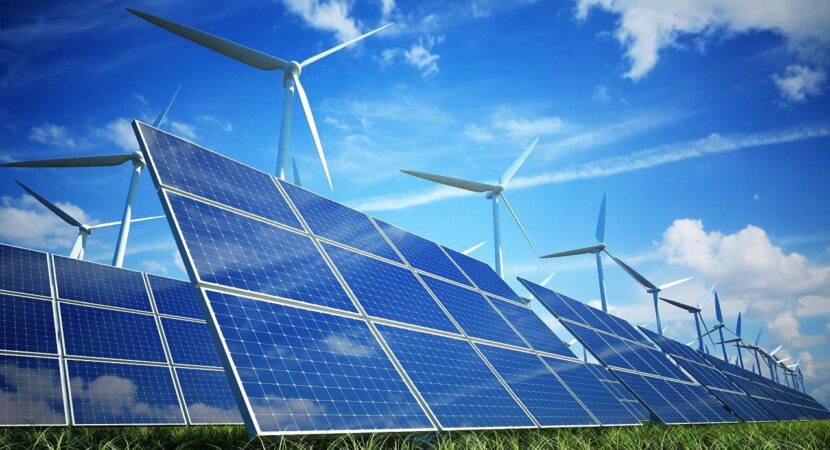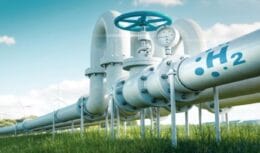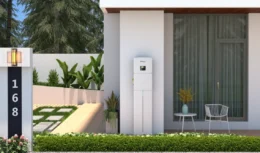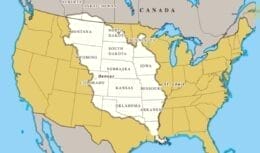
Since the Federal Government ended the subsidy of wind energy and solar energy, Aneel claims that requests for project authorization have doubled. Secretary says that many of these undertakings will not get off the ground.
According to Paulo Cesar Magalhães Domingues, Secretary of Planning and Energy Development of the Ministry of Mines and Energy, most of the projects for new wind and solar energy plants will not be carried out, due to the lack of demand in the country for the energy that will be generated. In addition, Aneel states that new subsidies may be requested until March of next year (2022).
Read also
The increase in requests for authorization to build new solar and wind power plants
The number of requests for authorization to build new wind power and solar power plants almost doubled after the Federal Government announced the end of subsidy for these projects.
Those who will be entitled to this benefit will be those who submit requests for authorization to Aneel by the beginning of March of next year (2022). In September 2020, the Federal Government's intention to end the subsidy with the publication of a provisional measure was made official. Since then, Aneel claims that authorization requests have doubled, reaching 1.886 authorization requests for wind and solar power plants.
In total, these solar and wind energy projects would add up to a production capacity of 85 GW, equivalent to half of all installed generation capacity in Brazil today. So, the best way out so far has been to limit Aneel's authorizations.
secretary's words
According to Domingues, it is estimated that the increase in demand for energy would reach 50GW in Brazil by 2030. He points out that the law also requires that projects authorized by Aneel must be fully operational within a maximum of 48 months.
“We wouldn't have a consumer market for all this energy even in the next 10 years. Many of these projects will not be implemented, as no entrepreneur will build without having an energy purchase agreement.”
The possible overload of organs, according to the Federal Government
Regarding the race of investors to take advantage of the end of the subsidy, the Federal Government could change the law, however, the secretary affirms that there are still no forecasts of changes from the Federal Government and that it continues to be interest of the Ministry of Mines and Energy to end the benefit.
The subsidy covers, in addition to wind energy and solar energy, other renewable sources, such as biomass-powered plants and small hydroelectric plants. Therefore, all consumers pay the subsidy who is added to the electricity bill.
The excess of orders can overload those responsible for the processes necessary for these projects to start operating, such as, for example, Aneel and the National Electric System Operator (ONS).
The ONS reported that, this year alone, 116 information have already been issued, and the operator claims that this increase is due to the Federal Government's decision to establish a deadline for granting subsidy.











